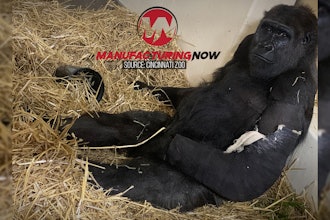Since 2005 Florida citrus growers have been fighting a losing battle to citrus greening. More specifically, the bacterium C. liberibacter has infected an estimated 90 percent of the state’s citrus groves.
Although trees don’t have veins, they do have a circulatory system that transports water, sugar, and nutrients from the roots to the leaves and fruit. That’s where this bacteria lives, syphoning off the trees’ food, preventing it from accumulating the sugars it needs to grow oranges, lemons and other fruit.
Eventually, the trees starve to death. The impact has been devastating.
Citrus production has decreased by 70 percent and Florida citrus farmers are spending an average of $1,000 more per acre to grow less fruit. Additionally, farms are being abandoned, packaging factories are shutting down, and the state is losing billions every year.
Genetically engineering and getting approval for artificially resistant trees could take 10-20 years, which has led one local citrus company to develop a genetically modified virus to combat the sugar-sapping bacteria.
The new virus is formed by combining the harmless tristeza strain commonly found in citrus trees with antibacterial proteins found in spinach plants. This type of tag team is known as a viral vector.
After grafting a treated plant onto an infected on, the new virus takes after the greening disease bacteria and eventually kills it, returning the tree to a healthy status.
But unfortunately for the struggling Florida citrus farmer, the battle doesn’t end there.
Although researchers state that this cure doesn’t change the biology of the tree, the FDA still needs to approve the approach, and processors have to convince the passionate anti-GMO crowd that trees treated with the viral vector shouldn’t be given the GMO label.
Recently, the U.S. Department of Agriculture stated that it intends to conduct an environmental impact assessment – a process that could take two years or more.
Although this is relatively quick for a government agency, the Florida agricultural community can only hope that it’s fast enough.






















